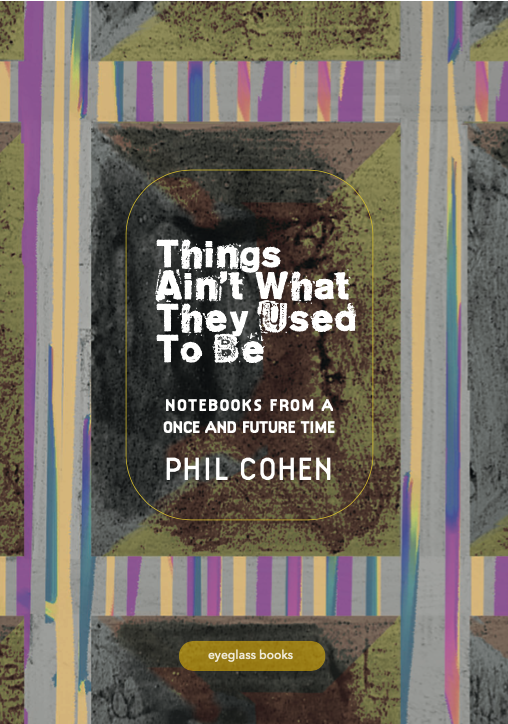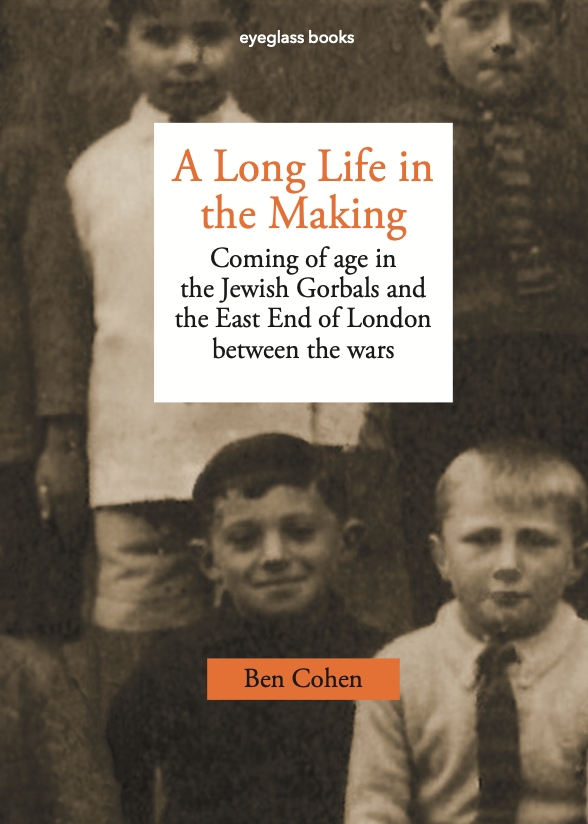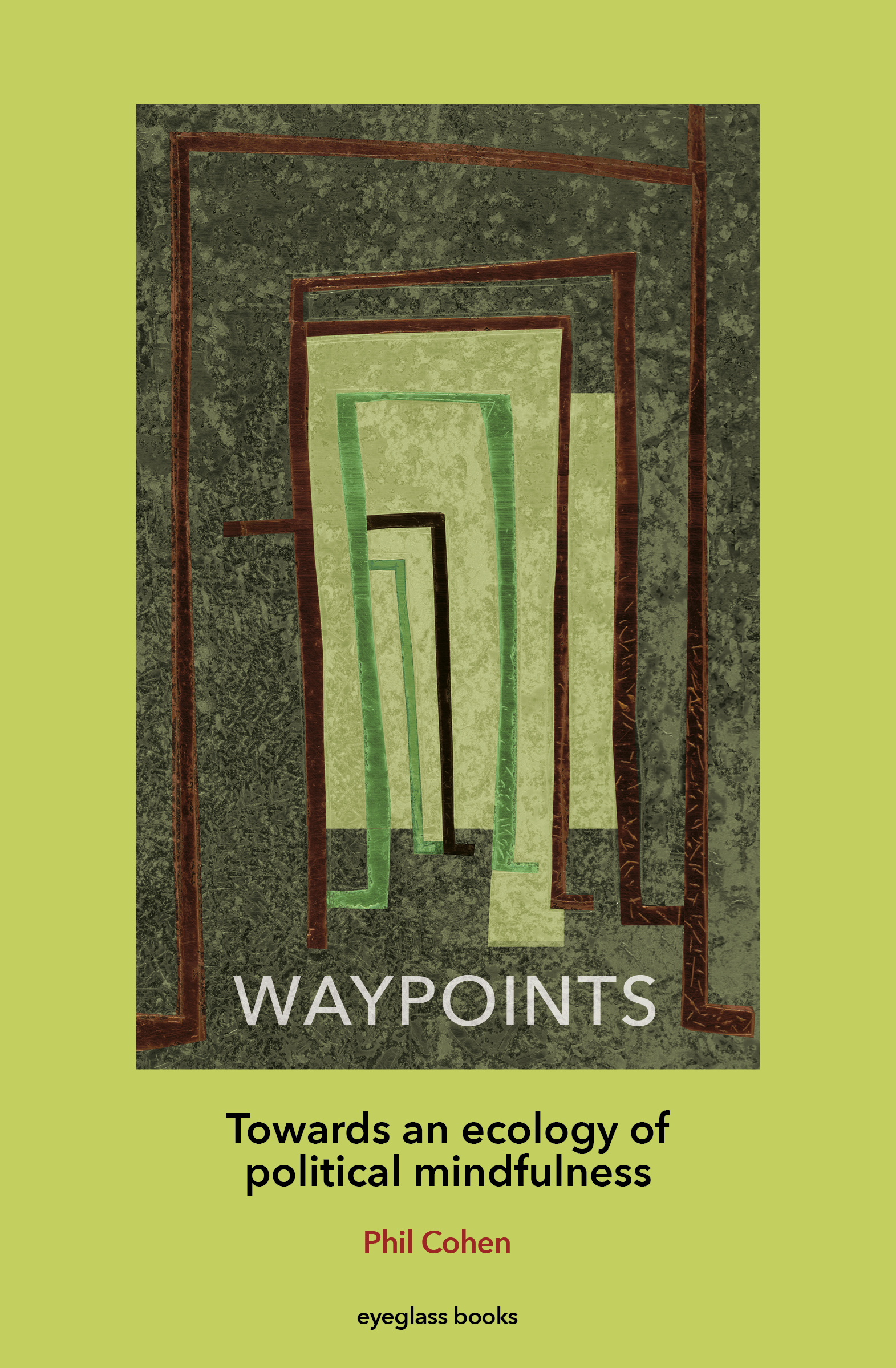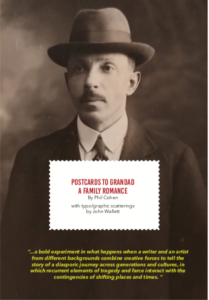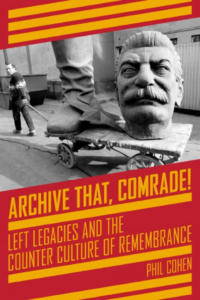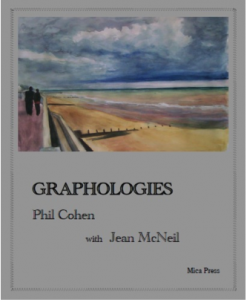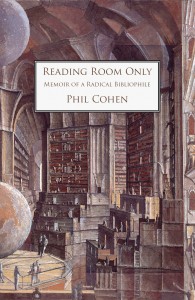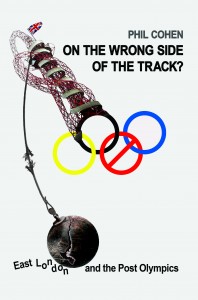Santa with Claws , or Socialism is not just for Christmas : some seasonal reflections on the im/moral economy
The dominant image of Christmas, the one that mesmerises and haunts so many people, is of a family reunited around the tree joyfully exchanging presents. One, perhaps unintended, result is that those for whom the family has become a locus of loss or lack, find the knife being twisted in the wound ; we are offered a major walk-on part in the Christmas story as the object of public compassion by the very narrative that is compounding our misery.
Selling Christmas, whether as consumerfest or religious mega-event depends on the complicated web of associations which this image evokes. It pulls powerfully upon childhood memories of Christmas and a more or less sentimentalised version of family life in which doting parents are rewarded by the respect and admiration of their offspring. In fact, as we know, the excessive gift giving in which many parents indulge at Christmas is a recipe for spoiled brats who only know cupboard love.
This Christmastide family romance speaks to a deep longing for bonds of intimacy, of caring and sharing, that can exist between kith and kindred and which are only with great difficulty extended into the wider society. This is where the residual Christian message kicks in to remind us that we are our brothers’ – and sisters’- keepers, that sacrificial giving or charity is the true path to salvation and we have a special duty of care to the poor, the outcast and the oppressed in body and spirit.
If Christmas in Western capitalist countries is above all a carnival of commodities, it is still accompanied by unprecedented acts of generosity. In fact the market and moral economies, which at other times co-exist in varying degrees of tension, are here seamlessly woven together. In this special cycle of prestation, the gift- as- commodity continually reverses into the commodity- as- gift. Christmas is a wonderful morality dissolver. It offers charity as an entree to guilt-free excess. If charity didn’t exist we would have to invent it. I well remember my parents going out in their Rolls Royce on December 25 scouring the streets for down and outs to whom they could give a Christmas box. In this way the ‘vices’ of sloth and satiety are converted into the virtues of altruism.
Christmas is a time of licensed excess. It’s roots lie in the seasonal rhythms of pre-capitalist production and the desire of peasants to transform winter from its association with barrenness and dearth into a time of fecundity and plenitude. The Christmas story about poor parents who cannot afford the price of a room at the Inn and their new born child who will bring about a changed world in which the last shall be first and the first last, answered admirably to this script. No wonder so much traditional Christmas card imagery still hearkens back to some imaginary quasi-mediaeval Merry England, where fattened geese are being roasted over open fires and it is always snowing on thatched cottages.
Economic times change, but the invented traditions of Christmas evolve much more slowly. I grew up in a period when austerity was linked to post war reconstruction and building socialism , not to bailing out a bankrupt financial system. We reacted against the Puritanism of our parent’s generation, we countered their inherited sense of thrift with a new found profligacy. Our Blakean slogan was ‘ The road of excess leads to the Palace of wisdom’ , and we threw ourselves enthusiastically into a drugs, sex, and rocknroll life style. It has been argued, with some cause, that the hedonistic pleasure principles of 1960’s counter culture pioneered a new wave of ‘hip’ consumer capitalism, especially through youth culture. As a result we are today living in a society whose economic wellbeing depends on stimulating excessive consumption; indeed there is a whole industry dedicated to promoting commodity addiction in the form of ‘brand loyalty’. At the same time those who, like our late adopted son, Stephen, fall victim to excess, find themselves stigmatised because they represent the unacceptable face of consumerism – they all too visibly and symptomatically represent the ill- being which is its consequence.
There is another dimension to the Christmas story which gives it a deeper political and existential significance, in connecting the birth of the subject to that of the nation. The myth of virgin birth resonates with an entirely secular notion of autochthony , of nations being created out of nothing by some providential act. ; but, at a deeper, more unco9nscious level it speaks to the baby’s phantasy that s/he is the sole object of the mother’s affection and that it is possible to sustain a symbiotic relation to her body as a model of self sufficiency. Families, or rather ‘family values’ are thus a crucial link between the autonomous self- authored individual promoted by neo-liberalism and the collective dream of ‘one nation united under God’.Or just possibly the Labour Party!
The late entry of ‘Father Christmas’ onto the scene was essential for the commodification process and indeed is a compelling metaphor for its magical post Fordist productivity. What would Xmas be without ELF , the enthusiastic labour force who toils away in his (now rapidly melting) icebound kingdom at the North Pole to produce on-demand toys just in time for Xmas. What would Xmas be without ELF ) Elf His presence in the Christmas story disrupts its maternal closures, of course, but as a patriarchal figure benignly dispensing largesse, he also shores up family values. Gifts are transformed into rewards for good behaviour and the potentially seductive sugar daddy becomes a pillar of social rectitude. Once again the moral and market economies effortlessly inter-twine.
These somewhat unseasonal thoughts were precipitated by a recent visit to Harrods, that mecca of the worshippers of Mammon. I had not been there for nearly fifty years and much had changed. I looked in vain for the animal menagerie, where , once upon a time, it was possible to buy snakes, brilliantly coloured cockatoos, and monkeys doing rude things to each other. Instead there was a department specialising in pet toys where you could buy your dog a bone made of venison marrow (£50) and your canary a special cocktail of birdseed that would make it sing its head off (£30). The atmosphere was decidedly festive, the galleries were thronged, the shop assistants, dressed immaculately in black suits( both sexes) stood poised by the counters as the crowds surged past. I was expecting to see the a posh clientele draped in the latest fashions. Instead it was full of working class families who had come ‘up west’ with the their children for a treat to see the Christmas lights and indulge themselves vicariously in the spectacle of luxury they could not afford . When the going gets tough the tough go window shopping. I was looking for a pullover, but the cheapest I could find was £350. I settled for some liver pate from the food hall, (price £5.00) instead.
The experience reminded me of a little Situationist ‘provocation’ in which I had been involved many years ago in another great department store. It took place in Selfridges one wintry December day in 1966 and featured a Red Santa, plus assorted comrades and friends, who turned up in a posse at the toy department and proceeded to hand out ‘free gifts’ from the counters to passing children – much to the kids’ delight and their parents’ bemusement. The customers probably thought it was some kind of weird promotional stunt until they read our leaflet denouncing Xmas as a ‘capitalist con’ and the store detectives arrived in force to escort Santa off the premises. He did not go quietly and the children watched open-mouthed as he was carried, effing and blinding, down the stairs. “What are they doing to Santa?” one little boy asked his mum, clutching the fire engine he had been given. “Never you mind, dear,” she replied, hurriedly stuffing the toy into her bag, “he’s probably forgotten to feed the reindeer. Just be thankful for the nice present.” We may not have undermined anybody’s faith in consumer capitalism that day, but we sure did shake some kids faith in Santa Claus.
In fact department stores were one of the delights of my childhood. They opened up visions of other possible worlds than the culturally narrow universe my parents inhabited. They displayed exotic goods from all over the globe – Chinese lanterns, garishly coloured textiles from Africa, the pungent smells of foreign cooking… My favourite haunt was Gamages , which was more like an oriental bazaar than a department store. It specialised in what were then called novelties and fancy goods; you could roam around this vast, ramshackle emporium and find the most extraordinary things. Plastic flowers that glowed in the dark, coronation potties with a picture of the Queen in full regalia inside the bowl, awaiting your pleasure, and a cake stand on wheels, that played selections from Gilbert and Sullivan when you pushed it along – these were just some of the items I remember. But for children, Gamages meant only one – or rather two things: Christmas and toys. It had the best grotto in town and the best selection of decorations, party games, indoor fireworks, and other festive delights. It was quite simply – and to coin the title of a recent popular TV soap opera about just such an enterprise – Paradise.
Christmas tends to bring out the residual Puritanism amongst us lefty intellectuals. We mutter darkly about ‘the alienation of the masses’ and ‘creeping affluenza’ , or, if religiously inclined about ‘selling one’s birthright for a mess of potage’ , in the fine biblical phrase. We want to end inequalities in the quality of life, but we tend to look askance at the ways in which ‘the masses’ actually have fun, unless we go to the other extreme and uncritically celebrate even the most mind numbing aspects of popular culture.
Materialism wears two faces. There is the hysterical materialism of consumer capitalism – where people shop till they drop and find in material possessions a substitute gratification for lives that are unsatisfied by their conditions of work and everyday circumstance. We might call this a transcendental materialism in so far as it promises to enable people to magically escape their material conditions of existence – while continuing to be defined by them. Material goods are valued not for what you can do with them , or even how much they cost, but because of the social status or symbolic advantage that accrues from having them.
Against all this, the Left mobilises what might be called dialectical mysterialism. Through the strenuous application of dialectical reasoning the aim is to demystify- or as we would say now ‘deconstruct’ – the false consciousness generated by commodity fetishism. Dialectical thinking , that special dance of the mind which is supposed to simultaneously grasp and go beyond the bitter binaries of social contradiction, is invested with magical healing powers: the capacity to reconcile opposites by transcending them in a higher order of comprehension. It is a form of rationalism that fails to grasp just how carnal are the desires which capitalism fuels and feeds off.
The oscillation between self indulgence and asceticism, Christmas blow out and New Year ‘Good Resolutions’ is intrinsic to the way cultures become embodied. But this takes on a particularly acute aspect under advanced capitalism, where the permanent revolution of everyday life takes the form of eternalising the transient under the sign of ‘modernity’ and where ‘the new’ always has to be more than the old. Within this frame the work ethic with its self- sacrificing ‘no gain without pain’ philosophy takes on as great a libidinal charge as the instant gratification promised by consumer culture.
Just how difficult it is to shift this bi-polar structure of feeling , or at least disembed it from the integrated circuits of social production and consumption becomes clear when we try to imagine a society organised along different lines. It is entirely possible to devise a socio-economic system – let’s provisionally call it libertarian socialism- that minimises the rewards of greed, envy , meanness, cruelty and competitiveness and maximises the benefits of co-operation and generosity etc. But this is to introduce an element of calculation and self interest, ie. market values, into the moral economy in a way which potentially undermines its practices of mutualism. Indeed co-operative behaviour may be encouraged within the capitalist enterprise precisely because it increases productivity and flattens the hierarchies that otherwise create divisions within the workforce – and hence improves competitive advantage and profitability. That is indeed the thrust of post Fordist management strategy. Instead we need to give more thought to identifying those aspects of everyday systems of mutual aid – to which Christmas gives a temporary gloss – that can be developed into sustainable frameworks of reciprocity embedded in the main institutions of civil society. Co-operation in social production has to be based on co-ownership and democratic workplace control. Socialism is not just for Christmas.
